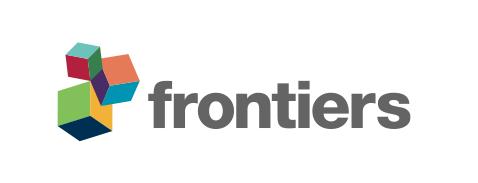Big data trends in biomedical and public health research hold promise for improving prevention, enabling earlier diagnosis, optimizing resource allocation, and delivering more tailored treatments to patients with specific disease trajectories. At the same time, due to their methodological novelty, algorithmic complexity and reliance on data mining for knowledge generation, big data approaches raise ethical challenges. This talk presents an overview of the major ethical challenges associated with health-related big data research. These include demarcating the boundary between personal health data and non-health data, re-defining the notion of private information, sustaining trust in health data sharing, preventing data-driven discrimination and ensuring a fair distribution of benefits and burdens among all stakeholders.
Case studies from dementia research and public mental health will be discussed to illustrate these challenges and provide an ethical assessment. Furthermore, this talk will provide an overview of the normative proposals that have been recently advanced to align health-related big data research with established regulatory frameworks such as data protection regulation,
regulation on human subject research and ethics review. Based on this analysis, suggestions will be made on how to maximise the benefits of big data for public health while minimizing ethical risks.










